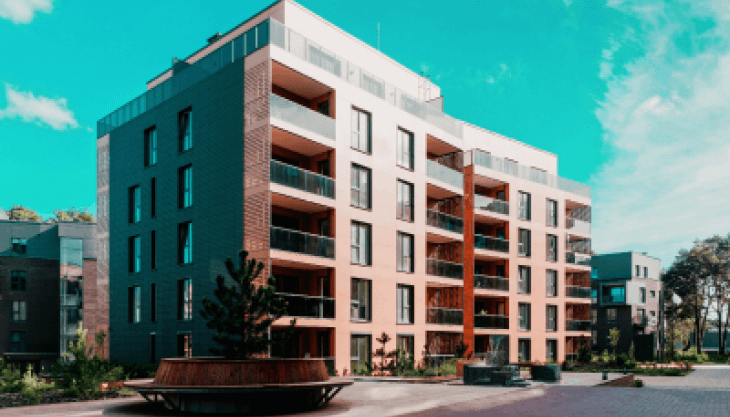Optimizing Cloud Asset Management Approaches for Enhanced Efficiency in Multi-Unit Units
Optimizing Cloud Asset Management Approaches for Enhanced Efficiency in Multi-Unit Units
Blog Article
Within today's society, many people reside in multi-dwelling units, such as apartment complexes and condo complexes. Such buildings frequently utilize resources like electricity, water, and broadband connections. Managing these shared utilities effectively is crucial for not only the ecosystem and the tenants' well-being. Cloud resource administration approaches can assist enhance the efficiency of such common utilities. Through using technology and data analysis, building administrators can optimize how utilities are utilized, resulting to cost savings and a better living experience for all.
A successful strategy for overseeing resources in multi-dwelling units is the implementation of intelligent measurement devices. Smart meters provide immediate data on energy and H2O consumption. This information allows building managers to detect patterns and patterns in utility use. For instance, if a particular apartment uses significantly more H2O than its neighbors, the manager can investigate potential leaks or motivate the tenant to adopt more water-efficient practices. Through tackling these issues promptly, administrators can minimize waste and lower service costs for all tenants.
A further important element of cloud resource management is the implementation of eco-friendly solutions. Many multi-unit units can gain from energy-efficient illumination, heating systems, and cooling units. These solutions not just reduce energy use but also lower service bills. Building administrators can use digital systems to track the performance of these technologies and make changes as needed. For instance, if a heating click for more system system is not functioning functioning efficiently, the administrator can schedule repairs or upgrades to ensure optimal efficiency.
Alongside smart measurement devices and energy-efficient technologies, digital resource administration can improve communication between building administrators and residents. A digital platform can offer residents with visibility to their service usage information, enabling them to track their usage. This openness encourages tenants to be increasingly conscious of their resource consumption. Furthermore, property administrators can send notifications about service timing, energy-saving advice, or neighborhood events through the platform. Enhanced interaction fosters a sense of community and encourages tenants to engage in resource-saving efforts.
Ultimately, implementing digital utility administration approaches can lead to a greater eco-friendly residential space. Through enhancing utility consumption, multi-unit units can significantly reduce their carbon footprint. This is important not only for the residents but also for the environment. As more an increasing number of individuals grow conscious of ecological concerns, they are prone to value residing in a structure that focuses on eco-friendliness. Building administrators who adopt such approaches can draw in eco-conscious aware residents, improving the property's standing and possibly boosting its worth. In conclusion, effective cloud resource management is essential for establishing effective, pleasant, and sustainable living spaces in multi-dwelling units.